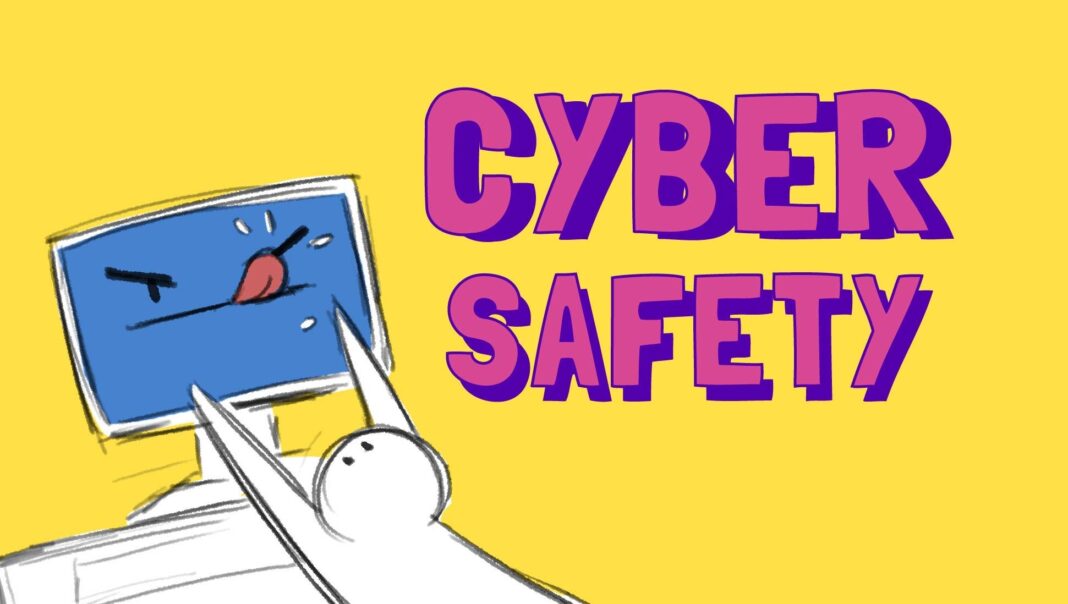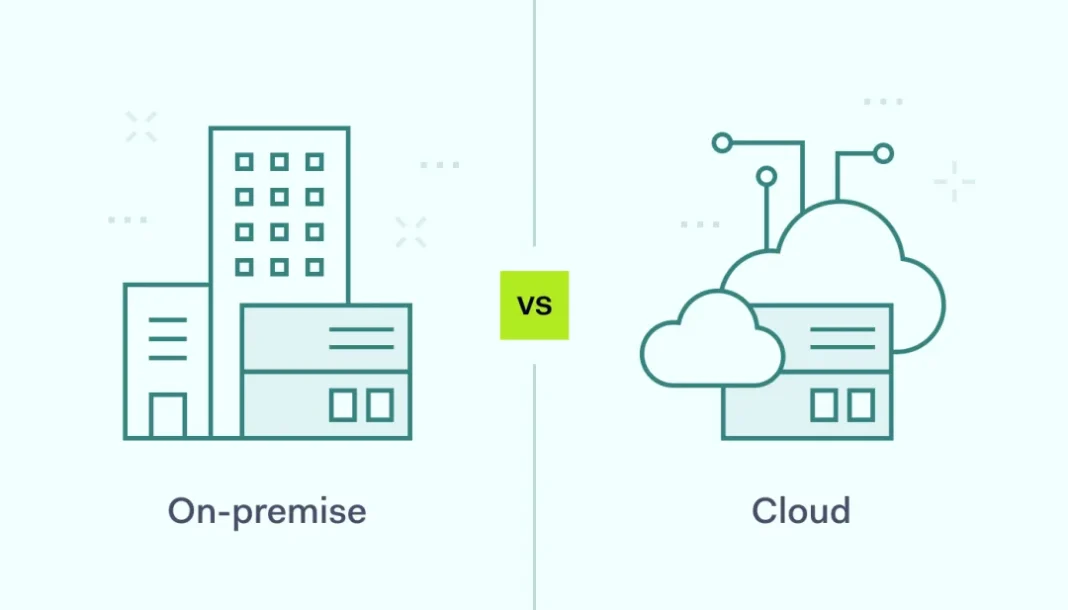In recent times, the journey of Starlink, Elon Musk‘s ambitious satellite internet venture under SpaceX, has been marked by regulatory challenges, particularly in Zimbabwe. Meanwhile the Posts and Telecommunications Regulatory Authority of Zimbabwe (POTRAZ) issued a directive instructing Starlink to halt its operations until proper licensing is obtained. This directive underscores broader themes of technological innovation, regulatory compliance, and access to information.
Understanding the Regulatory Landscape
Across Africa, the demand for reliable internet access is palpable. However, regulatory bodies like POTRAZ remain cautious, emphasizing the need for adherence to legal frameworks. This cautious approach isn’t unique to Zimbabwe; similar hurdles have slowed Starlink’s rollout in other African nations like the Democratic Republic of Congo and Ghana.

There is need for a delicate balance between encouraging technological advancement and ensuring regulatory oversight, considering concerns ranging from fair competition among existing internet service providers to managing radio frequency spectrum allocation—a pivotal resource for satellite internet operations. Governments may harbor apprehensions regarding unregulated internet access, fearing potential circumvention of censorship measures or exacerbation of social unrest.
The Starlink-Zimbabwe Nexus
The directive from POTRAZ mirrors a broader trend across Africa. Zimbabwe’s stance reflects an interplay between technological innovation and regulatory control. Gift Machengete, POTRAZ’s Director-General, emphasized the illegality of broadcasting without proper licensing and outlined the regulator’s stance on the matter. This move wasn’t unforeseen; last September, Zimbabwe issued a warning to Starlink users and resellers, urging them to acquire the necessary licenses. To rectify the situation, POTRAZ proposed two options for Starlink’s compliance: direct application for a license or collaboration with a registered public network within Zimbabwe.
Navigating Regulatory Challenges
Starlink’s success in Africa hinges on engagement with regulators like POTRAZ. Ongoing discussions between Starlink and Zimbabwean authorities offer a glimpse of potential resolution, echoing optimism expressed by Gift Machengete following direct communication with Elon Musk. To navigate these challenges effectively, Starlink might adopt a flexible approach tailored to each country’s regulatory landscape. This could entail partnerships with local telecoms, addressing spectrum concerns, and transparent impact assessment.
Starlink’s Ongoing Efforts
In response to these hurdles, Starlink has been actively engaging with Zimbabwean authorities, showcasing a willingness to collaborate and adapt. The company’s efforts to comply with licensing requirements underscore a broader commitment to responsible deployment and adherence to regulatory frameworks.
The Role of Competition and Collaboration
Starlink isn’t the sole player eyeing the African market. Competitors like OneWeb and Project Kuiper (backed by Amazon) are also vying for a piece of the satellite internet pie. While competition may intensify, there’s also room for collaboration. By forging partnerships with local telecoms and industry stakeholders, satellite internet providers can collectively address regulatory concerns and drive innovation.

These will lead to the development of robust regulatory frameworks that promote fair competition, technological advancement, and expanded internet access across Africa.
Exploring Potential Solutions
One approach could involve leveraging existing infrastructure and expertise within African countries to streamline licensing processes and facilitate the integration of satellite internet services. Additionally, regulatory bodies can engage with industry stakeholders to develop tailored regulatory frameworks that balance innovation with oversight, ensuring the responsible deployment of satellite internet technologies.
Conclusion
While the benefits of expanded internet access are evident, regulatory hurdles remain formidable. A cooperative approach, characterized by engagement, transparency, and adaptability, holds the key to unlocking the transformative power of satellite internet across Africa, shaping the continent’s telecommunications landscape for years to come.



